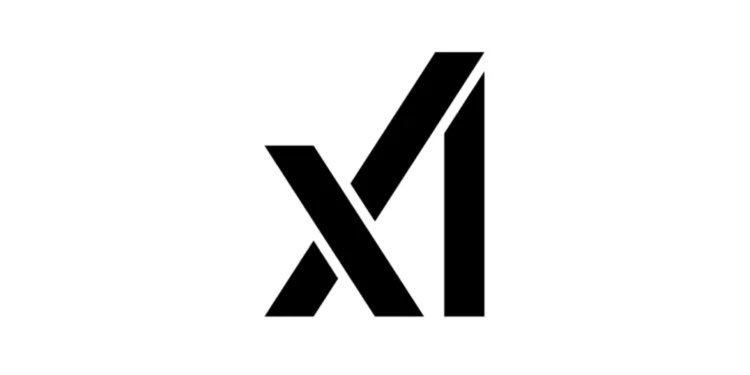Morgan Stanley has announced the completion of a five‑billion‑dollar package of secured notes and term loans for xAI, the artificial‑intelligence company founded by Elon Musk. The bank said the debt deal was heavily oversubscribed and attracted a roster of global lenders, signalling a strong appetite for xAI’s growth plan. In parallel, Musk’s firm secured a separate five‑billion‑dollar strategic equity investment, bringing the total new capital raised to ten billion dollars.
The twin raises lower xAI’s blended cost of capital. Debt proceeds arrive at a floating coupon of roughly seven percentage points over SOFR for the term loan portion, while senior secured notes are understood to price near twelve percent. Private‑credit giant TPG Angelo Gordon led the lending syndicate, which insiders say is one of the largest private debt financings ever completed for an AI startup.
Equity investors were not disclosed. Bankers working on the placement say indications of interest implied valuations ranging from one hundred and twenty billion to two hundred billion dollars, though xAI has not confirmed a final figure. The new equity follows last year’s six‑billion‑dollar round that valued the company at fifty billion dollars, according to CNBC.
xAI plans to deploy the funds to accelerate construction of its Colossus super‑computer campus in Memphis and a network of satellite data‑centre pods that will train and serve its flagship Grok model. Musk has said the company already has two hundred thousand GPUs on site and is targeting a one‑million‑GPU facility outside Memphis.
The funding also positions xAI to compete more aggressively with OpenAI, Anthropic, and Cohere, all of which have raised multi‑billion‑dollar war chests. In a separate development spotted by app researcher Nima Owji, xAI engineers are testing a Grok Cloud Storage feature that would let users upload files and edit them directly inside the chatbot interface, potentially opening new enterprise revenue streams.
For Morgan Stanley, the transaction extends a multi‑year advisory and financing relationship with Musk‑backed ventures. The bank helped arrange Tesla’s early capital raises and continues to manage repeat rounds for SpaceX. Portions of the new xAI debt will be syndicated to insurers and sovereign‑wealth funds in the third quarter.
Industry analysts caution that xAI still faces execution risk. Nvidia H100 supply remains tight, and utility negotiations for multi‑gigawatt power hookups can drag on. Even so, investors appear willing to bet that demand for large‑scale model training will stay strong for years, making xAI’s infrastructure strategy attractive despite high interest rates.
With financing secured, construction crews have already begun pouring concrete at Colossus. If timelines hold, the first phase of the super‑computer will come online late in 2026, giving Grok dedicated compute capacity that rivals, and in some metrics exceeds, the clusters deployed by its biggest competitors.














